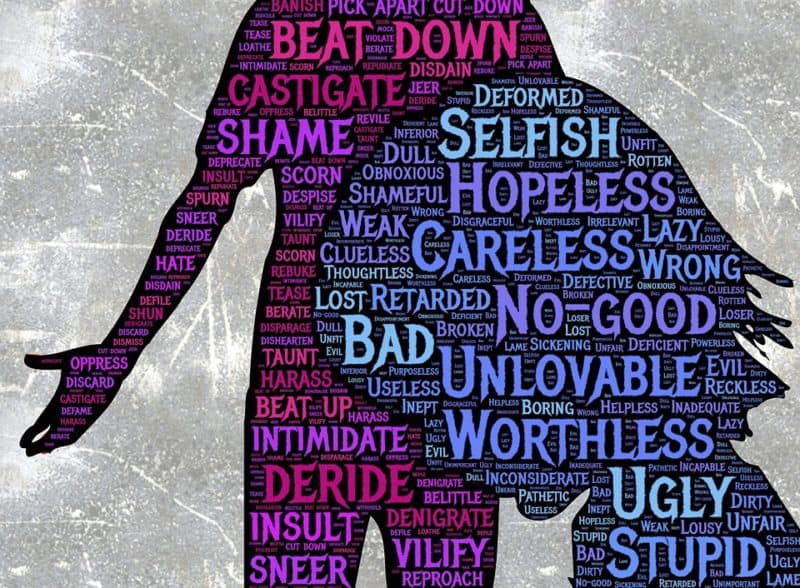Stigmas
Engaging in impulsive behaviors engaged when an individual is under the influence adds to stigmas. They can also lead to relationship problems and hinder job and educational opportunities. The possibility of equal rights become quenched. These stigmas increase the amount of personal shame an addict already endures.

Only one out of every ten individuals with a substance use disorder gets treatment. Even though many stigmatized behaviors diminish during and after treatment these same actions can hinder individuals from seeking out treatment. Most individuals want to keep their addictions out of the public’s eye. Due to this, many families even avoid looking for help.
Addicts are often thought of as immoral human beings. Their behaviors are frequently treated by the legal system as criminal matters instead of a public health crisis. This also decreases the opportunity for individuals to get into opioid treatment programs, cannabis treatment programs, and alcohol treatment programs. Regardless of a majority medical agreement that addiction is a disease, there are public policies that discriminate against those who do seek help and manage long-term recovery. This can lead to many difficulties, including trouble finding housing, insurance, and continuing education.
Fighting Stigmas Through “Person-First Wording”
Words can be extremely hurtful. Labels perpetuate cognitions. Thoughts fuel emotions and behaviors. It is a vicious circle. By labeling a person as their disease, an individual begins to believe all they are is their addiction.
Utilizing “person-first wording,” such as, “An individual with an addiction to opiates,” can decrease the personal impact of these stigmas. The terminology “Drug habit” suggests that the individual has chosen to have a continued dependency on a substance. Calling a person an “addict” or “alcoholic” can work in the same manner.
In the same sense, not so positive wording during treatment can perpetuate stigmas. When a client does not pass a urinary drug screen, the word “positive” is preferred to the terms “dirty.” “Not presently utilizing” illicit substances versus “clean” is the better option. These terms can aid a client from believing they are dirty or negative.
Treatment for Substance Use Disorders
You deserve the chance to work through any shame and guilt you may have due to a substance use disorder. Do not let a stigma prevent you from getting the treatment you could be receiving. Discovery Place of Burns, Tennessee is just a phone call away. Our trained professionals are standing by to help you today. Contact us at 1-800-725-0922 to learn more about our various recovery program alternatives personalized for your own recovery. Family support is essential to aid a loved one in continued recovery. Al-Anon meetings and open Alcoholics Anonymous meetings are wonderful support networks in conjunction with Discovery Place. We will answer any questions you may have regarding substance use disorders.

